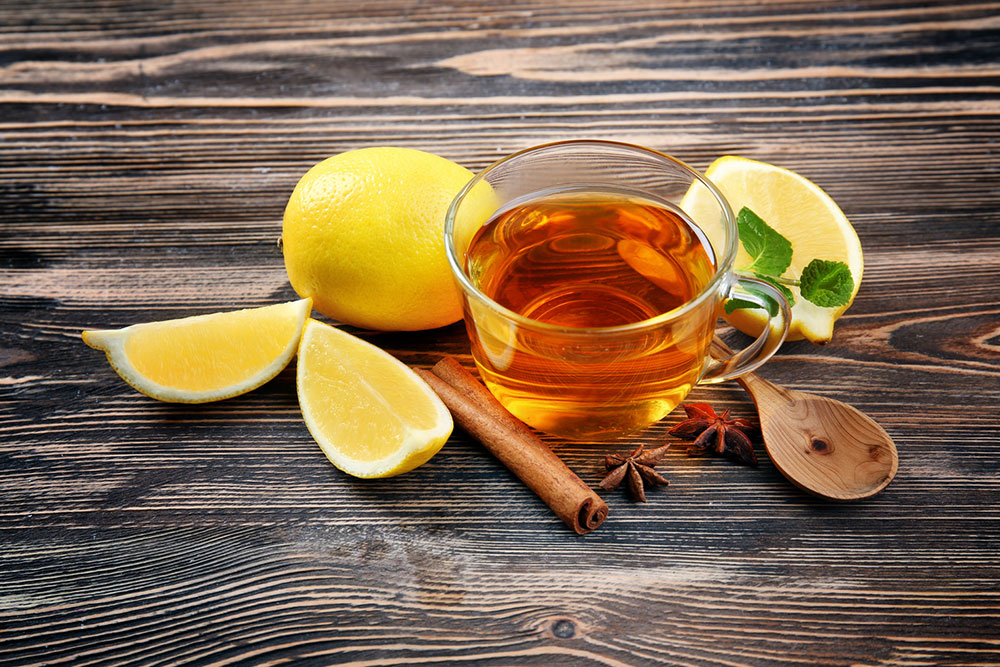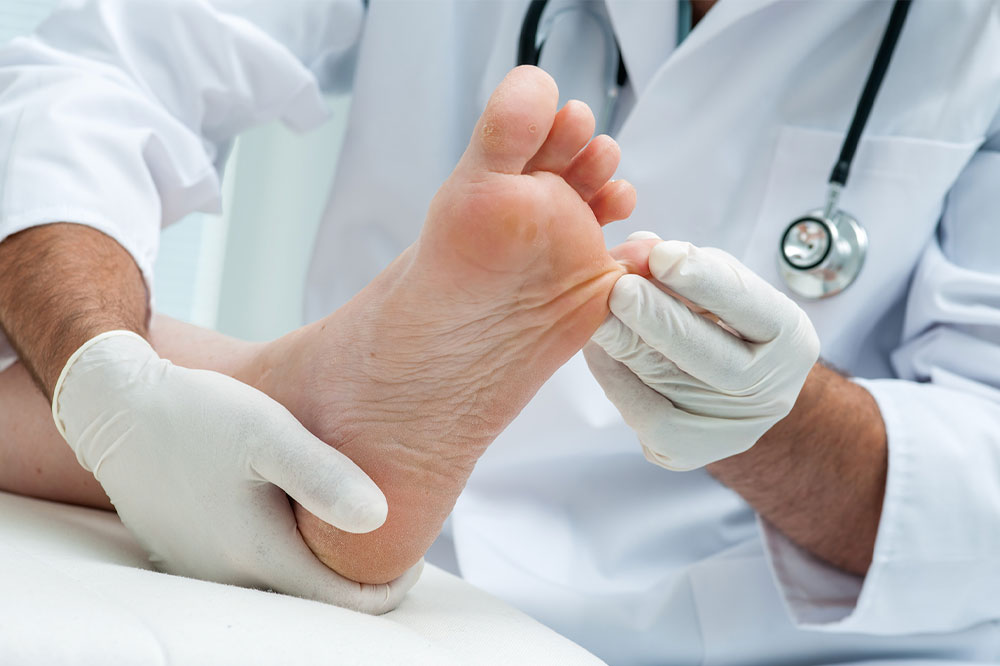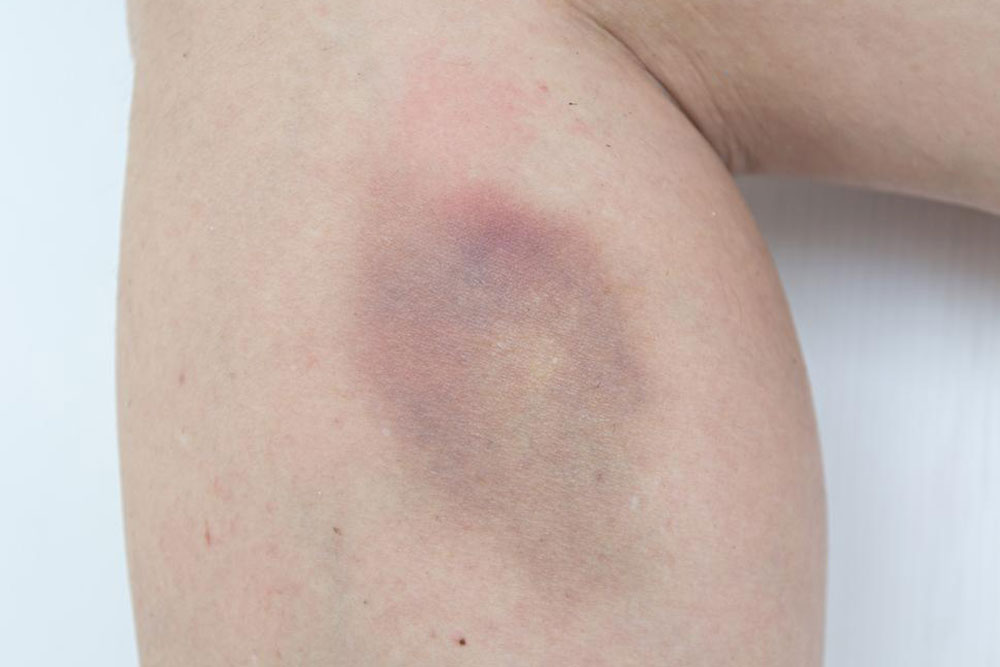Natural and Medical Approaches to Managing Peyronie’s Disease
Explore effective medical and natural treatments for Peyronie’s disease, including medications, lifestyle changes, and herbal remedies. Early consultation can improve outcomes and help manage symptoms effectively, enhancing quality of life.

Peyronie’s disease results from repeated injury to the penis, often during sexual activity or other physical activities. It involves the formation of fibrous scar tissue inside the penis, leading to painful erections and abnormal curvature. This condition can interfere with sexual function but is not the same as general penile curvature. Various treatment options exist to alleviate symptoms and improve quality of life. Early intervention and proper consultation are crucial for effective management.
Outlined below are proven remedies and natural approaches to address Peyronie’s disease.
Medications: Doctors may prescribe medications that help break down excess collagen, potentially straightening the penis and reducing curvature.
Iontophoresis: This technique uses a gentle electrical current to deliver medicines through the skin, aiding in controlling penile curvature temporarily.
Lifestyle Modifications: Adopting a healthy lifestyle—including quitting smoking and limiting alcohol, maintaining a balanced diet, and regular exercise—can positively influence disease progression, especially if caused by lifestyle factors.
Surgical Options: Surgery is considered a last resort for severe deformities and is typically delayed at least a year after diagnosis. Always seek professional advice before opting for surgical intervention.
Natural Remedies: Several natural options may help improve symptoms, such as:
Gotu Kola Tea: An herbal remedy used in Asian medicine to support sexual health and tissue healing.
Pineapples: Containing Bromelain, which may slow tissue buildup when taken in appropriate doses (80–320 mg, thrice daily), avoiding prolonged use.
Foods Rich in Carnitine and L-Arginine: Fish, dairy, and meats enhance protein levels, supporting tissue repair.
Whole Grains, Fish, and Liver: These foods provide Coenzyme Q10, an antioxidant vital for energy and tissue health.
Vitamin E: A supplement of about 100mg thrice daily for several months might alleviate symptoms; sources include nuts, seeds, and green vegetables. Consult a healthcare provider before starting supplements.
Managing Peyronie’s disease often requires patience and consistent effort. Consulting with a healthcare professional ensures the selection of suitable treatments and improves outcomes. Surgery remains a last resort after exploring less invasive remedies. Proper guidance and early intervention can significantly enhance quality of life for affected individuals.










